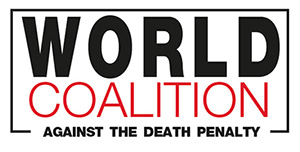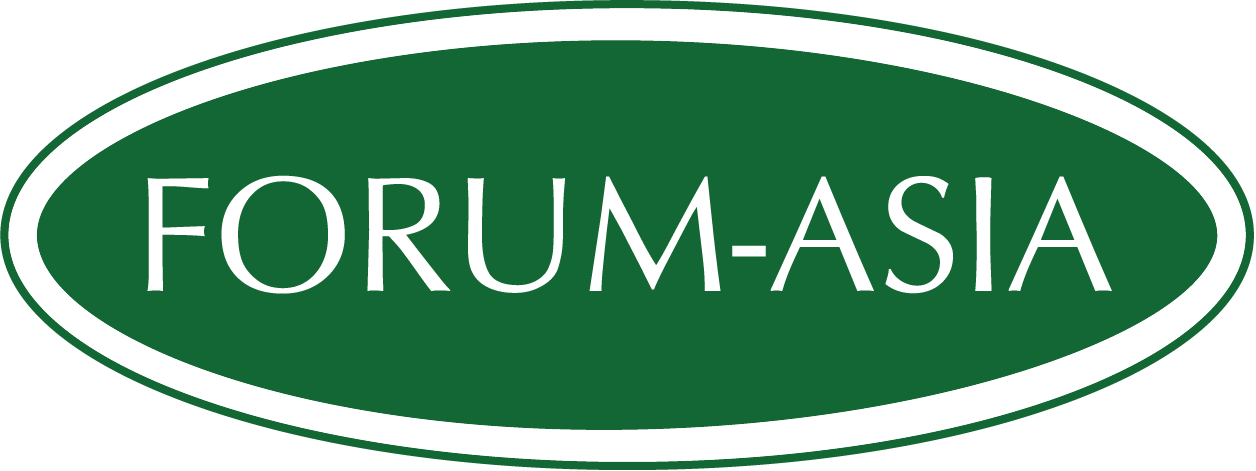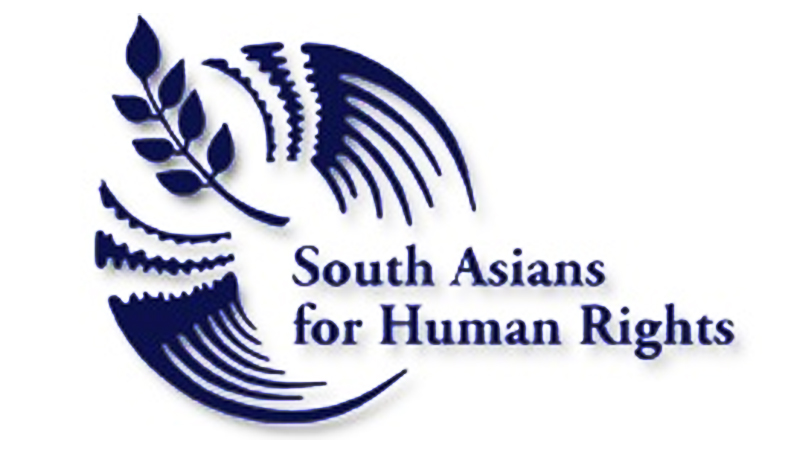Crimea: 16 March referendum not admissible in international law
FIDH – International Federation for Human Rights
Press Release
Crimea: 16 March referendum not admissible in international law
Paris, 14 March 2014 – FIDH considers that owing to the serious Human Rights violations being committed in Crimea, the conditions under which the March 16 referendum is organised are contrary to international law.
“The legal and security conditions, and the conditions relating to freedom of expression and opinion, are such that the referendum cannot be held without violating international law, thereby losing its legitimacy, validity and legal value”, declared FIDH President, Karim Lahidji. “The Security Council, of which all the members except Russia recalled the principles of territorial sovereignty, must act, by virtue of the founding principles of the United Nations Charter, in order to preserve regional security and the fate of its populations”.
Since the announcement of the “referendum”, the self-proclaimed Crimean authorities, supported by the deployment on the territory of increasing numbers of Russian military forces, have carried out abductions and expulsions towards continental Ukraine pro-unity activists, acts of intimidation of local communities, and the closing down of all independent media, thereby violating Ukrainian and international Human Rights legislation. Given the lack of security, many persons are presently fleeing from Crimean territory. The self-proclaimed authorities have also prevented the deployment of international observers. The OSCE observation mission has several times been refused access to the territory. Ivan Simonovic, UN Assistant Secretary general for Human Rights, was prevented from visiting Crimea, supposedly for “security” reasons. And Robert Serry, UN special envoy to Crimea, was expelled on 5 March.
At the same time, the Russian media under government control have organised a continuous disinformation campaign, pretexting the defence of ethnic minorities for propagating a message of hatred and threats. The representatives of the Russian and Jewish minorities in Ukraine, along with the Crimean Tatars, have frequently denounced such an attitude.
On the other hand, any voice contrary to government propaganda is sanctioned. While independent Ukrainian activists and journalists are being expelled from Crimea, and their equipment destroyed, on 12 March the Russian website Lenta.ru received an admonition concerning one of its oldest publications, and a few hours later the site’s chief editor Galina Timchenko and the general manager Yulia Minder were dismissed. The site is one of the most read in Russia, and 39 of the journalists left in protest. On 13 March, the independent websites grani.ru, ej.ru and kasparov.ru were blocked by order of the Public Prosecutor. The blog of the opposition activist Alexey Navalny was also blocked under the new law, which came into force on 1 February, 2014, which enables websites to be blocked by the Public Prosecutor, without any court decision. At the same time the journalists of the “Russian Planet” publication left as a protest against the censorship of their publications.
“The representatives of civil society in Russia and Ukraine are the first victims of the escalation of violence in Crimea”, declared Tolekan Ismailova, FIDH Vice-president, Kyrgyzstan. “The violence and the attacks on freedom of expression and opinion must cease immediately”.
And now the trouble is spreading beyond Crimea and has made its first victims in eastern Ukraine, notably in the town of Donetsk, where a person was killed yesterday and around thirty demonstrators were injured during the confrontations.
“The legal and security conditions, and the conditions relating to freedom of expression and opinion, are such that the referendum cannot be held without violating international law, thereby losing its legitimacy, validity and legal value”, declared FIDH President, Karim Lahidji. “The Security Council, of which all the members except Russia recalled the principles of territorial sovereignty, must act, by virtue of the founding principles of the United Nations Charter, in order to preserve regional security and the fate of its populations”.
Since the announcement of the “referendum”, the self-proclaimed Crimean authorities, supported by the deployment on the territory of increasing numbers of Russian military forces, have carried out abductions and expulsions towards continental Ukraine pro-unity activists, acts of intimidation of local communities, and the closing down of all independent media, thereby violating Ukrainian and international Human Rights legislation. Given the lack of security, many persons are presently fleeing from Crimean territory. The self-proclaimed authorities have also prevented the deployment of international observers. The OSCE observation mission has several times been refused access to the territory. Ivan Simonovic, UN Assistant Secretary general for Human Rights, was prevented from visiting Crimea, supposedly for “security” reasons. And Robert Serry, UN special envoy to Crimea, was expelled on 5 March.
At the same time, the Russian media under government control have organised a continuous disinformation campaign, pretexting the defence of ethnic minorities for propagating a message of hatred and threats. The representatives of the Russian and Jewish minorities in Ukraine, along with the Crimean Tatars, have frequently denounced such an attitude.
On the other hand, any voice contrary to government propaganda is sanctioned. While independent Ukrainian activists and journalists are being expelled from Crimea, and their equipment destroyed, on 12 March the Russian website Lenta.ru received an admonition concerning one of its oldest publications, and a few hours later the site’s chief editor Galina Timchenko and the general manager Yulia Minder were dismissed. The site is one of the most read in Russia, and 39 of the journalists left in protest. On 13 March, the independent websites grani.ru, ej.ru and kasparov.ru were blocked by order of the Public Prosecutor. The blog of the opposition activist Alexey Navalny was also blocked under the new law, which came into force on 1 February, 2014, which enables websites to be blocked by the Public Prosecutor, without any court decision. At the same time the journalists of the “Russian Planet” publication left as a protest against the censorship of their publications.
“The representatives of civil society in Russia and Ukraine are the first victims of the escalation of violence in Crimea”, declared Tolekan Ismailova, FIDH Vice-president, Kyrgyzstan. “The violence and the attacks on freedom of expression and opinion must cease immediately”.
And now the trouble is spreading beyond Crimea and has made its first victims in eastern Ukraine, notably in the town of Donetsk, where a person was killed yesterday and around thirty demonstrators were injured during the confrontations.
Press contacts:
Arthur Manet (French, English, Spanish) – Tel: +33 6 72 28 42 94 (in Paris)
Audrey Couprie (French, English, Spanish) – Tel: +33 6 48 05 91 57 (in Paris)
Category: Media Monitoring






